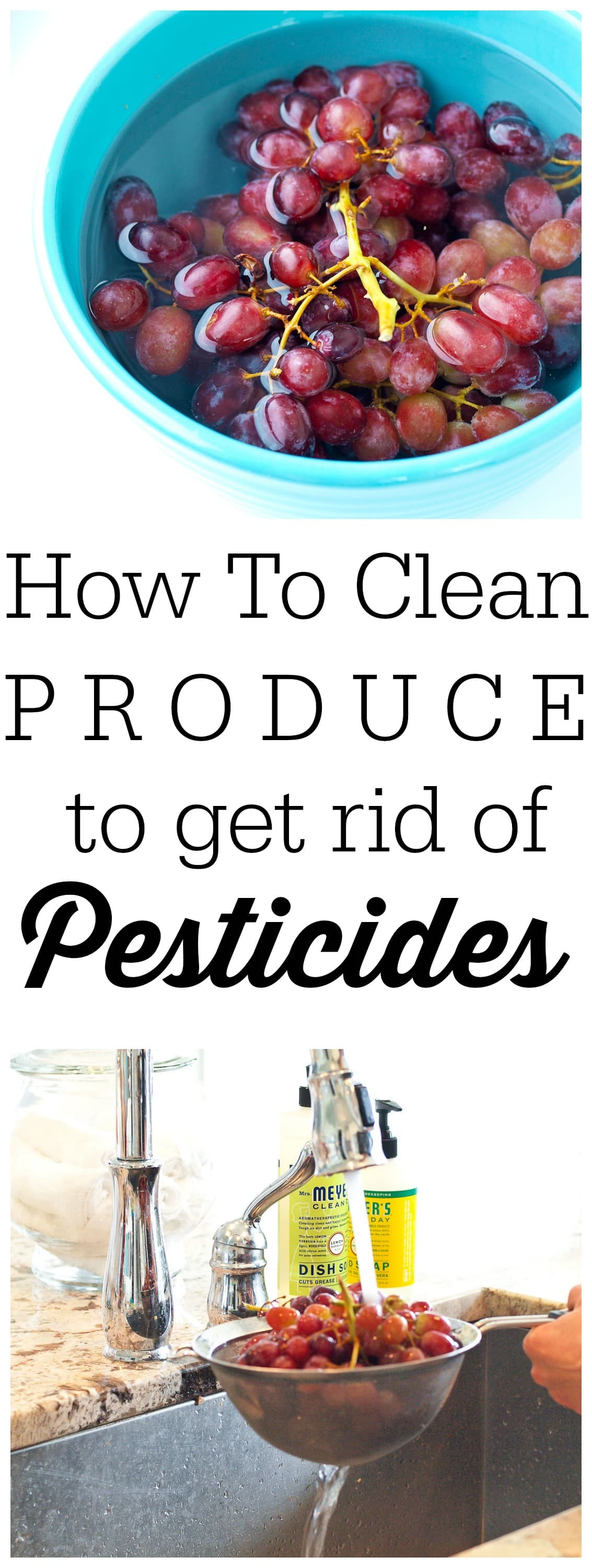 I try to buy organic produce as much as I can. It is my hope to reduce the amount of harmful, carcinogenic pesticides my family is ingesting when they eat. Plain and simple. Unfortunately, buying organic produce isn’t always plain and simple. There are times when certain things stop me from getting the organic produce I prefer.
I try to buy organic produce as much as I can. It is my hope to reduce the amount of harmful, carcinogenic pesticides my family is ingesting when they eat. Plain and simple. Unfortunately, buying organic produce isn’t always plain and simple. There are times when certain things stop me from getting the organic produce I prefer.
Sometimes, the organic produce I’m looking for just isn’t available. This happens with grapes all the time. Other times, it’s about three times the cost, or even more. Don’t you just love it when conventional strawberries are 2/$3.oo and one package of organic strawberries is $5.99? What about when I’m buying for a party? I can’t always afford to buy large quantities of organic produce.
Recently I asked my daughter Meghan what kind of fruit she’d like me to get at the grocery store that week. She answered grapes and strawberries. Low and behold, the grocery store didn’t have organic grapes or organic strawberries. I didn’t want to come home without her fruit of choice, but my mind was waging a battle as I thought of all the pesticides these conventional fruits would have. Then, I had a vague memory of a friend posting something on Facebook about a special way of washing conventional produce to remove pesticides. I threw the conventional produce in the cart and set myself on a mission to find out how I could wash this fruit so I’d feel better about my family eating it. (Side note: Mom guilt is real.)
After researching how to wash conventional produce to remove pesticides, I found the answer was quite simple: use vinegar! Good old vinegar to the rescue once again. I feel much better about occasionally feeding my family non-organic produce now that I know I can reduce the amount of pesticides on the fruits and vegetables by using this simple natural vinegar wash. Here’s how you do it:
How to Remove Pesticides from Fruits and Vegetables
1. Fill a large bowl with 4 parts water to 1 part plain white vinegar.
2. Soak the fruit or vegetables you’d like to clean in the mixture for 20 minutes.
3. Rinse the fruit or vegetables well with water.
Studies have shown that washing your produce can reduce the pesticide residue, but won’t eliminate all pesticides. I feel better just knowing that I am removing as many pesticides as I can by using this natural vinegar wash. Another benefit of using a natural vinegar wash is that you are also removing bacteria from the produce.
Some sources indicated that using this natural vinegar wash would not work well for porous berries such as strawberries. I tried it with strawberries and it worked beautifully. I was worried that they would taste like vinegar, but you couldn’t even taste a hint of vinegar from the natural vinegar wash. Win!
I will still choose organic produce as much as possible, especially when I’m buying produce from the Dirty Dozen list. This natural vinegar wash is a great solution, however, when buying organic produce isn’t possible. Even if you have organic produce, this method of cleaning your produce is great since even organic farmers use (natural) pesticides and you get the added benefit of removing bacteria that could make you sick. Give this natural vinegar wash a try! It’s easy and a great way to wash your produce.

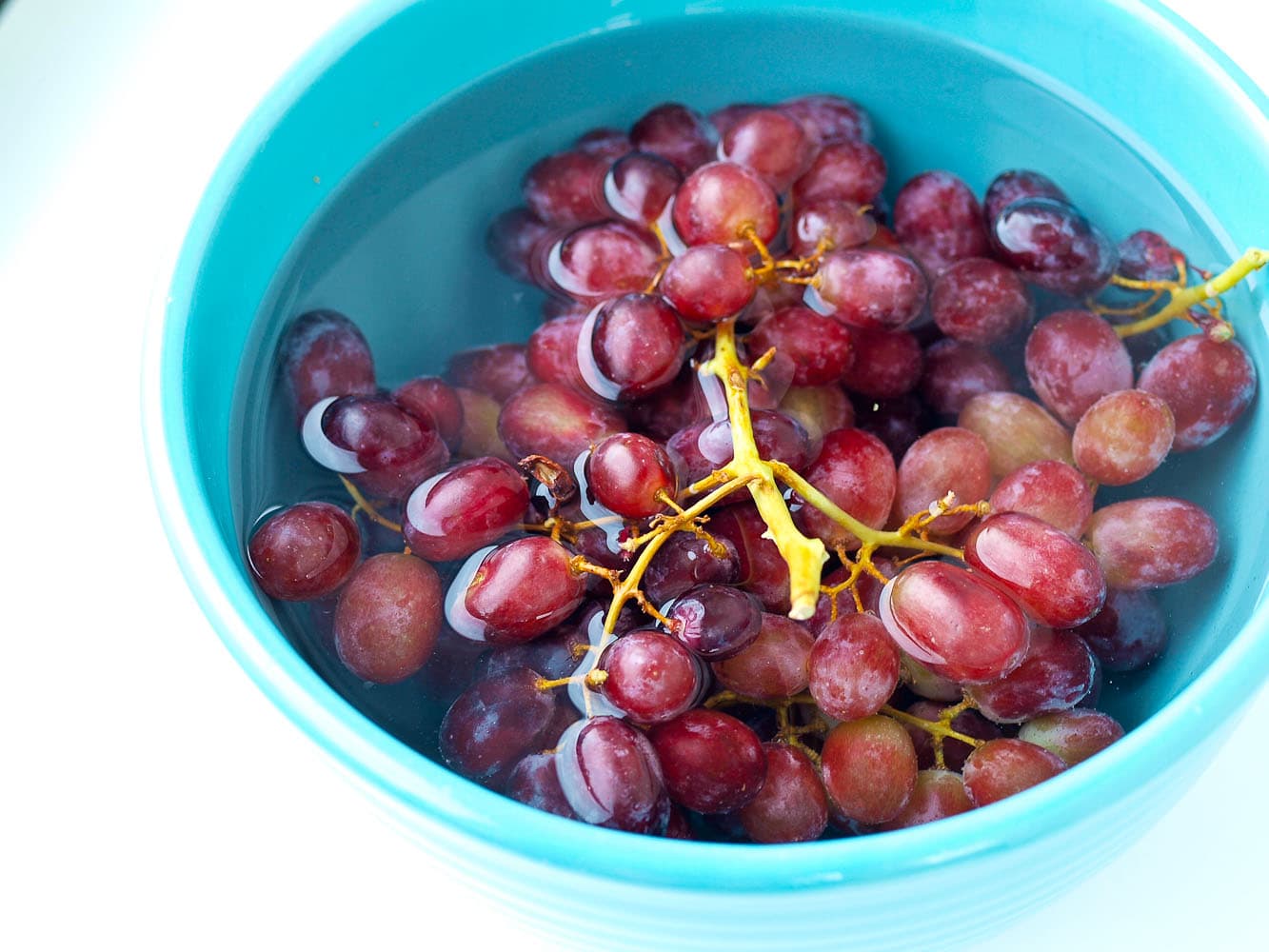
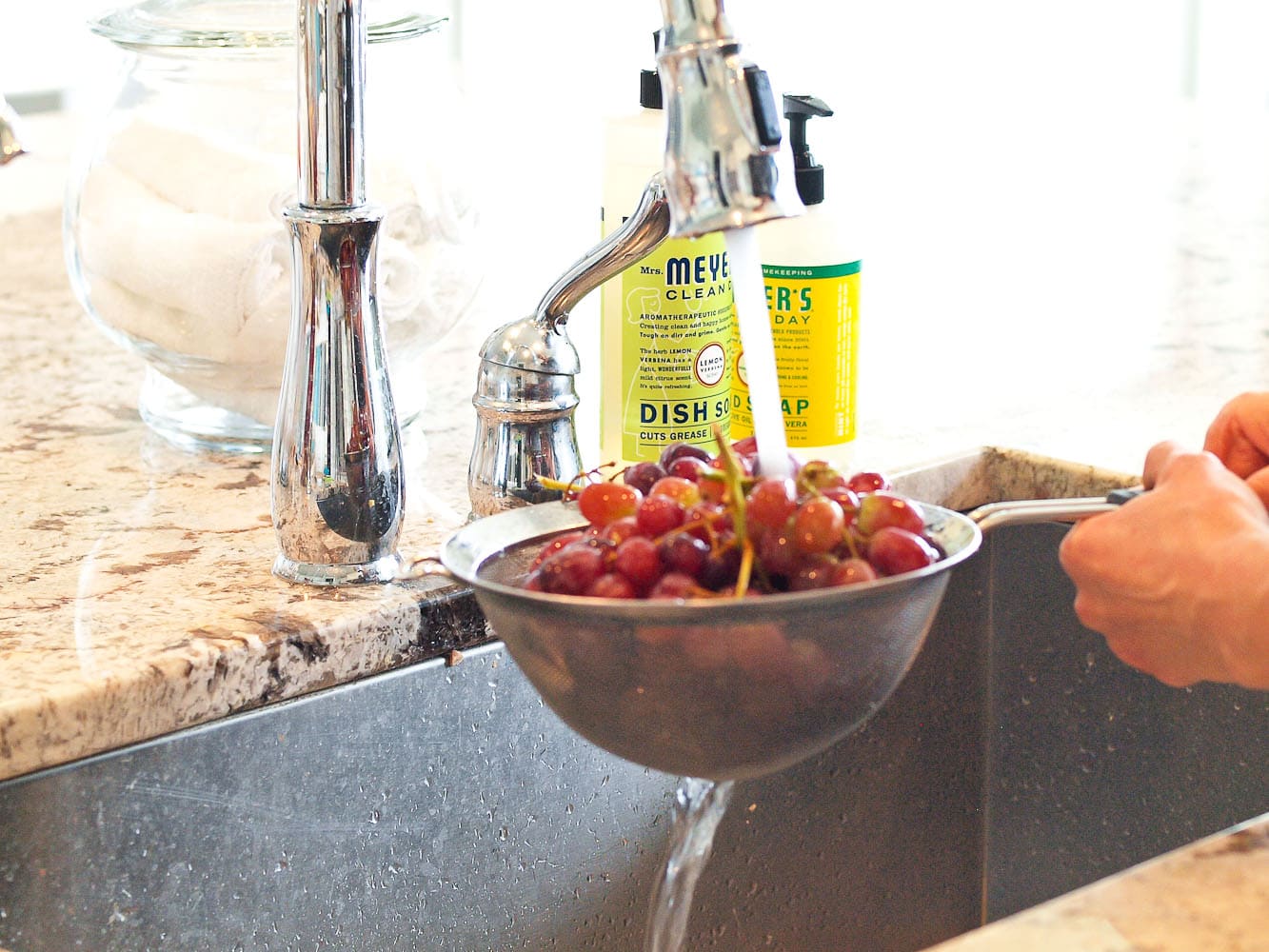
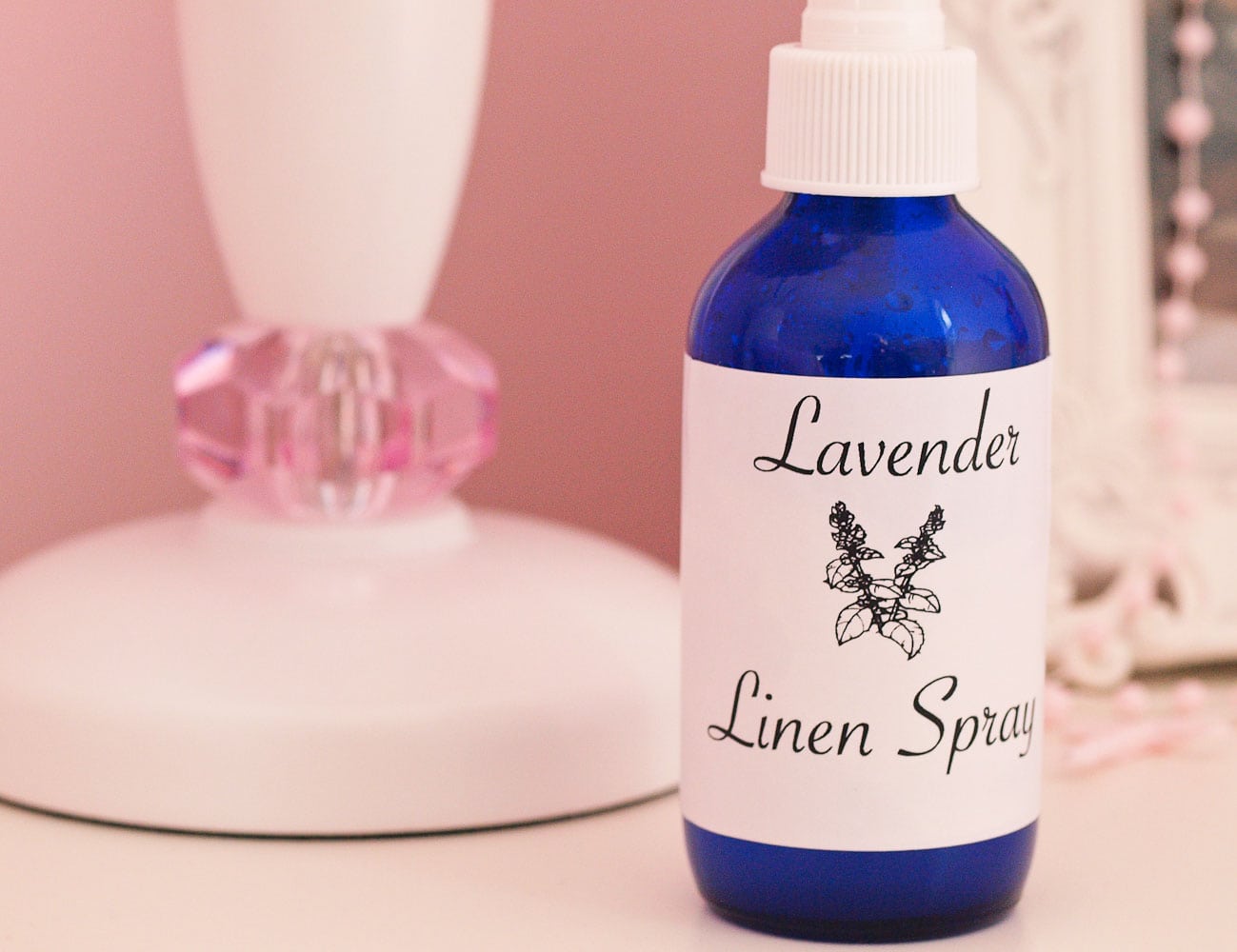
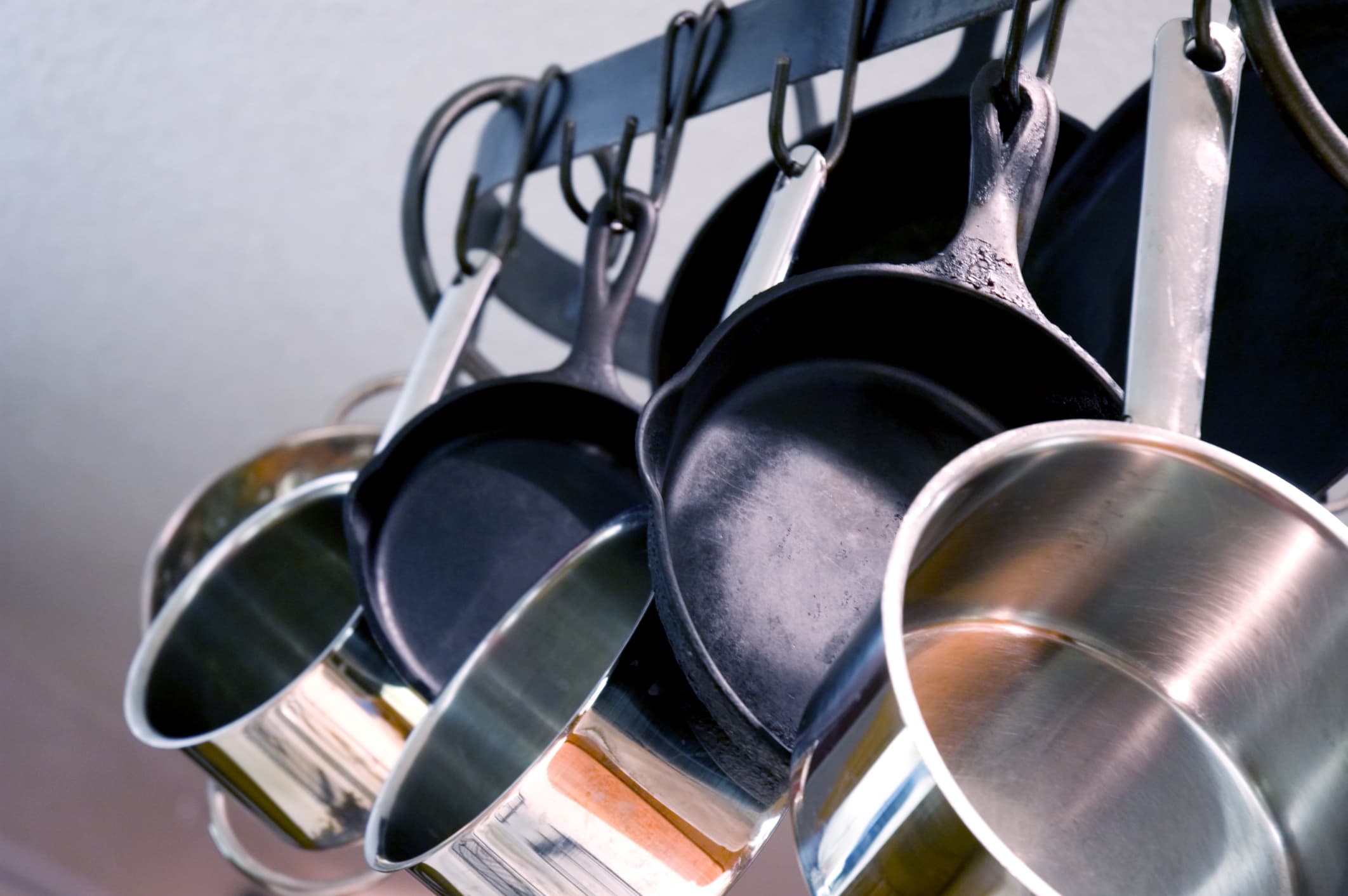
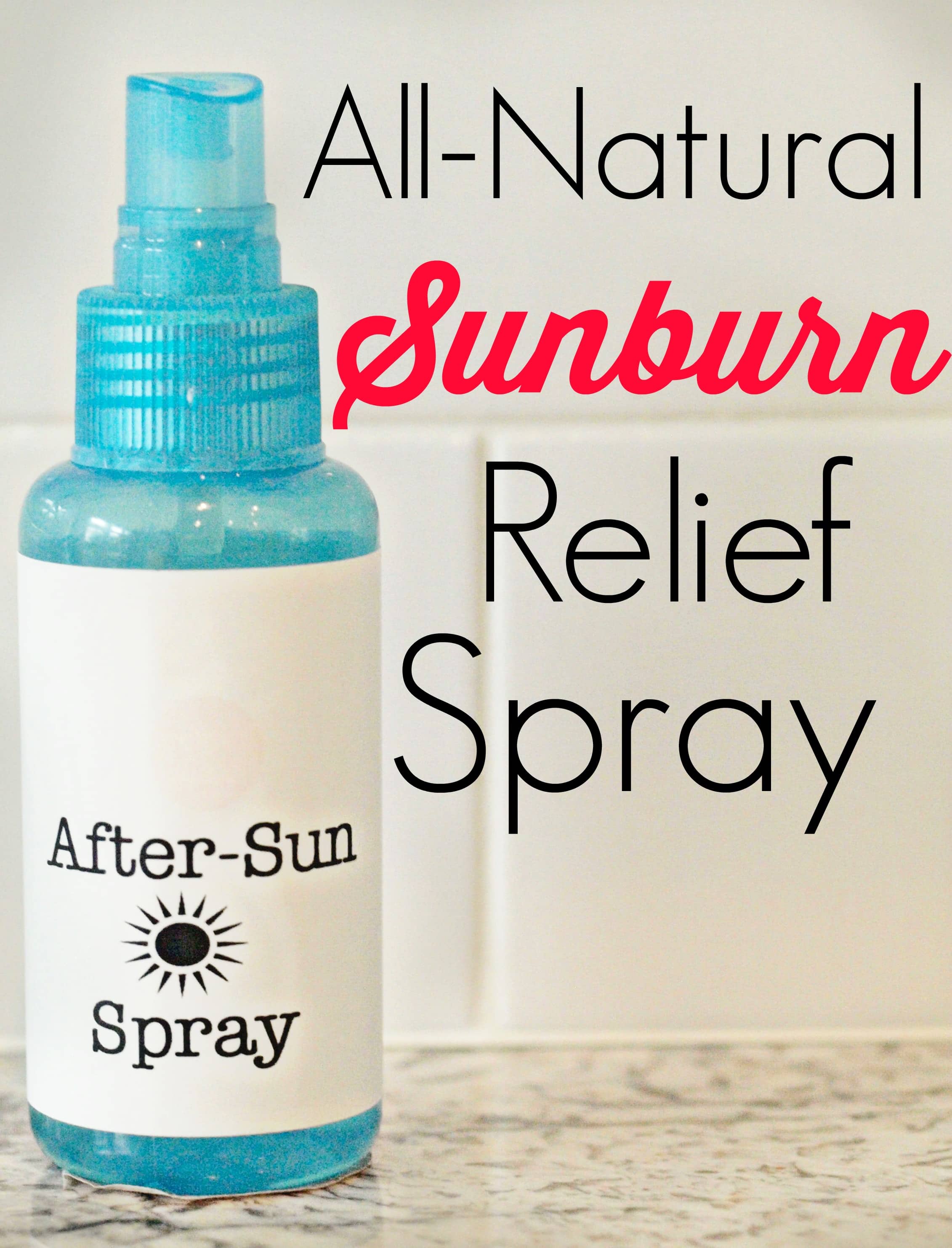

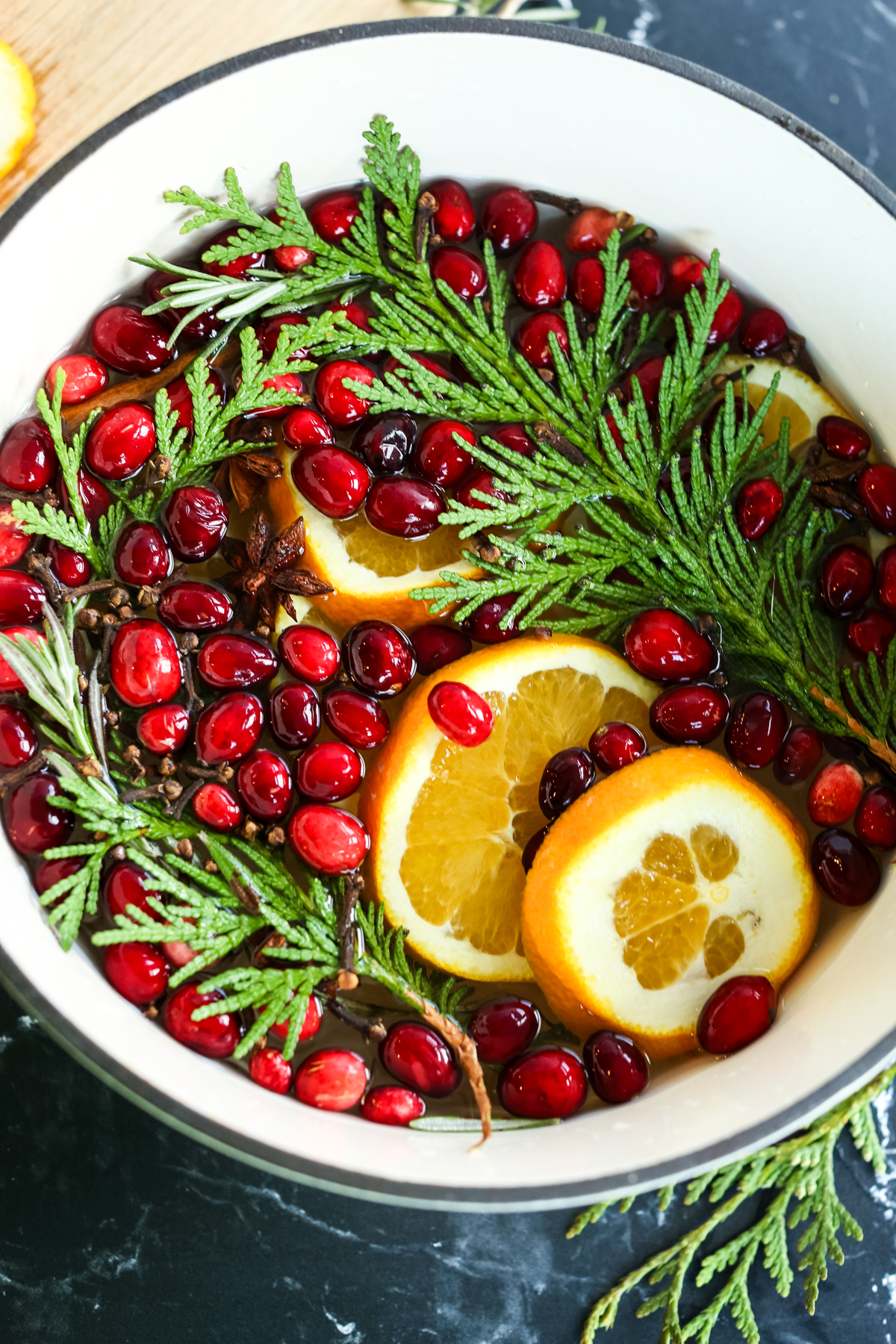

If you have Netflix, watch “Kiss the Ground”.
I asked a local organic farm about there methods and practices of using pesticides, insecticides and herbacides, the response was interesting enough, they use insects for the insecticides, as for the pesticides and herbacides they use a control oil based product that remains toxic but isn’t as toxic as the commercial market. But unfortunately it still exists in and on the produce. I’ve found a solution to remove bio and no bio pesticides/herbacides and insecticides for good its called Kangen water 11.5pH water that actually acts as a degreaser and emulsify’s the oil therefore removing completely the oil based pesticide from the produce. The taste is outstanding and the produce can last up to an additional week.. Use it on all of yohr favourite fruits and vegetables in your kitchen. A must have kitchen appliance if you ask me, keeps your family free of pesticides and other amazing health benefits.
I came to know we should use vinegar. But may I know that which vinegar to be used? means Apple cider or chemical vinegar?
Can any one tell me what to do to clean fruits and vegetables from inside….means to remove pesticides from it’s pupl.
I’ve been doing this since finding out I’m allergic to pesticides!
http://www.instagram.com/afitandfabulousmichele
http://www.afitandfabulousmichele.com
You are blessed! I wish I would be allergic to pesticides too. It would help me to easily identify which food I should avoid.
Such a useful article it is.I think you handled all the controversy quite well. I was impressed with the fact that sources were actually cited. I know that cleaning it well has to at least reduce the pesticides present.Thanks for the sharing this over here.
If pesticide regulations are followed no pesticides can get inside fruit. Systemic insecticides like
chlordane and dieldrne are not allowed to be sprayed on food crops. A systemic insecticide
enters the crop through the root system.
Thank you for your insight. Looking forward to using this wash. I think you handled all the controversy quite well. Appreciate your post.
Oh heck! We are all going to die eventually. My parents fed me Kool-Aid, nitrate filled hotdogs, spaghettios and boxed Mac and cheese. I’m still here. Isn’t it nice to have the luxury of considering organic vs. non-organic rather than if we will even have something to eat? Eat more vegetables, and be kind to one another!
Yes, it absolutely IS a luxury and I am extremely grateful I am able to make the choice for my family. Anecdotal stories such as what you ate as a child mean next to nothing to me. The fact is that cancer rates, in particular childhood cancer rates, continue to rise and if you are able it makes sense to reduce the toxins in your life. My goal is to increase awareness and help others do that. And yes, eating more vegetables is one of the things I talk about all the time. Being kind to one another? I’m not sure if you’re implying I’m not kind, but I agree with that advice also. I wish you well.
Hi there….just reading through some posts and wanted to comment, although I normally do not; I was impressed with the fact that sources were actually cited. My husband and I recently started eating quite differently. We considered ourselves healthy well rounded people until a recent scare, hospitalization, and now at 47 he has a pacemaker. I did some of my own research and decided to change our eating. It had been quite a challenge. Long story short we are on a journey I’m not sure of the end but I am going to do all I can to keep him and myself healthy and if that means soaking my vegataes in vinegar for 20 mins our lives are worth it even if the benefits are 10%. Thanks for all your research and sharing maryea. If you get a chance check out the documentary that began to change our belief system. “What the health” Netflix. Thanks again, sincerely, Andrea
Thanks, and honestly I don’t understand all the challenging comments. If you don’t like or see the good in someone’s advice, don’t follow it. Simple. Unless you really think it’s part of a conspiracy to up sales of vinager. Lol
We grow our veggies organically with no organic pesticides. Our loads of apples are not all the prettiest, but some are, and the rest are just as yummy.
You can’t ‘wash off’ pesticides.
According to Warren Porter, PhD, professor of zoology at the University of Wisconsin–Madison and molecular and environmental toxicologist, “The fat and water-solubility properties of the pesticides and the non-ionic solvents and surfactants used offer access of the chemicals to every cell in the produce, and thus to every cell in your body.” explains Porter. “It’s a very serious matter, especially since we know that our own hormone systems respond in the parts per trillion to chemicals.”
https://www.rodalesorganiclife.com/food/pesticides-food-0
Was that Dr. Porter’s statement of opinion or it was an experimental result he published in a scientific journal showing that is it so? I know for sure that Good housekeeping is not a scientific journal!
I have read some papers about pesticides degradation. It states pesticides degrades/ breakdown in an alkaline solution (http://psep.cce.cornell.edu/facts-slides-self/facts/gen-peapp-ph.aspx). You can increase your water’s alkalinity by adding a bit of baking soda and soaking veggies and fruits for a few minutes.
Great comments everyone. Very informative while being respectful of each other. Thanks!